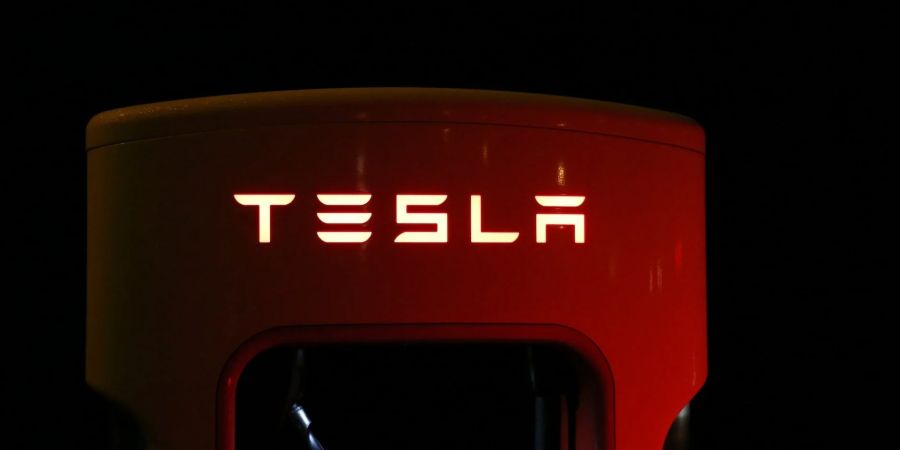

Tesla Motors: Revolutionizing the Electric Vehicle Industry
Tesla Motors, founded in 2003 by a group of engineers, has become synonymous with innovation and disruption in the automotive industry. With its visionary CEO Elon Musk at the helm, the company has made remarkable strides in the development and production of electric vehicles (EVs), setting new benchmarks for sustainability and performance.
One of the key factors that set Tesla apart from traditional automakers is its unwavering commitment to electric mobility. While others were skeptical about the viability of EVs, Tesla recognized the potential to revolutionize transportation and create a sustainable future. The company's flagship vehicle, the Tesla Roadster, introduced in 2008, was the first fully electric sports car to capture the world's attention. Its groundbreaking range, impressive acceleration, and sleek design demonstrated that electric cars could compete with their gasoline-powered counterparts.

Building on the success of the Roadster, Tesla introduced the Model S sedan in 2012. This luxury electric vehicle showcased Tesla's engineering prowess and commitment to cutting-edge technology. The Model S offered an unprecedented range, superior performance, and a luxurious interior, challenging the notion that electric cars were only practical for short commutes. The vehicle's over-the-air software updates also allowed Tesla to continuously improve its vehicles, enhancing safety and introducing new features for owners.
In subsequent years, Tesla expanded its product lineup with the introduction of the Model X, a premium electric SUV, and the Model 3, a more affordable sedan designed for mass-market appeal. The Model 3, in particular, was a game-changer, becoming the best-selling electric car globally and solidifying Tesla's position as a leader in the EV market. Its popularity drove the widespread adoption of electric vehicles, making sustainable transportation a reality for millions of people worldwide.

In addition to its cutting-edge vehicles, Tesla has made significant investments in charging infrastructure. The company's Supercharger network provides high-speed charging stations strategically located along popular travel routes, alleviating range anxiety and enabling long-distance travel for Tesla owners. Furthermore, Tesla has developed home charging solutions, making it convenient for owners to recharge their vehicles overnight.
Beyond automobiles, Tesla has diversified its product offerings. The company's energy division produces solar panels and energy storage solutions, including the Powerwall and Powerpack, which enable homes and businesses to harness renewable energy and reduce dependence on the grid. Tesla's acquisition of SolarCity in 2016 further strengthened its commitment to sustainable energy solutions.
Tesla's impact on the automotive industry cannot be overstated. The company's relentless pursuit of excellence has accelerated the transition to electric mobility and compelled other automakers to follow suit. It has sparked a wave of innovation, pushing the boundaries of electric vehicle technology and reshaping consumer expectations. With the forthcoming Tesla Cybertruck, Semi truck, and the Model Y compact SUV, the company's future looks even more promising.
In conclusion, Tesla Motors has redefined the automotive landscape by demonstrating the viability and desirability of electric vehicles. Through its commitment to sustainability, cutting-edge technology, and an unwavering vision for the future, Tesla continues to drive the electrification revolution, inspiring change and revolutionizing transportation on a global scale.
